The ninth Trilateral Summit Meeting among China, Japan and the Republic of Korea (ROK), which marked the first of the three nations in about four and a half years, provided an opportunity for the major Asian countries to find ways to cooperate in the prevention and avoidance of risk amid a fluid international situation, say South Korean and Japanese experts.
Kumiko Haba, professor emeritus at Aoyama Gakuin University in Tokyo, said the significance of the latest trilateral summit, held in Seoul from May 26 to 27, lies in the effort of the three countries to overcome the heightened tensions in East Asia by discussing and jointly addressing issues on which they can agree, such as economic cooperation, youth exchanges, climate change, and environmental problems.
"It is highly commendable that the leaders of the three countries aim to solve problems in East Asia not through military means but through mutual understanding, economic cooperation, youth exchanges, and regional economic development," Haba said.
Concerns such as the Fukushima nuclear-contaminated water discharge issue and the Taiwan question remain, but it is hoped that the three countries will consider each other's positions and resolve problems through regional cooperation and economic development, she added.
To maintain peace in East Asia, Haba noted that it is essential to have top-level summit meetings, as well as efforts in local government exchanges, youth exchanges, frequent dialogues, and economic cooperation.
"We must strengthen exchanges at the citizen and local government levels, uphold peace, solve problems through dialogue, and promote exchanges and development in East Asia. Establishing a hotline among the leaders of the three countries is also important," Haba said.
It should be noted that both South Korean and Japanese citizens strongly desire peace and wish for joint development with China, Haba said. The business community, in particular, expects economic recovery through strengthened relations with China and rest of Asia, and through collaboration in the Regional Comprehensive Economic Partnership and free trade agreements, she added.
"The direct communication among the leaders of the three countries is drawing significant attention as it could influence the future of the international community," said Kazuyuki Hamada, a Japanese international political economy scholar and president of the Japan-China Belt and Road Initiative Promotion Association.
"There are high expectations for how Japan and South Korea, as US allies, can establish understanding and cooperation with China, and the results of this summit are anticipated to be crucial for assessing future international dynamics," he added.
The region faces numerous destabilizing factors. The United States, driven by its defense industry, is eager to expand the market for American military supplies by stoking crises in Asia, Hamada said.
"To achieve regional peace and stability, it is crucial to cool-headedly analyze the intentions behind America's war business and to expand the framework of trilateral consultations, including regular meetings of defense and economic ministers and extended summits involving other Asian countries," he said.
Satoshi Tomisaka, a professor at the Institute of World Studies at Takushoku University, said: "Amid the intensifying competition between the US and China over cutting-edge technology, the US is adopting a 'small yard, high fence' strategy to exclude China while seeking cooperation from Europe, Japan, and ROK. In light of the instability this US stance may bring to global trade, the world is watching to see if East Asia can establish its own collaborative framework."
The high level of attention to this trilateral summit meeting is also due to the fact that it is the first such meeting in about four and a half years. Notably, under President Yoon Suk-yeol, ROK has distanced itself from China and moved closer to the US, but this policy has low support among the populace. Following a significant defeat for ROK's ruling party in recent parliamentary elections, policy adjustments are being sought, Tomisaka said.
In terms of foreign policy, Japan and ROK should properly understand that their national interests do not always align with those of the US. At the same time, promoting human exchanges to expand points of contact is crucial for eliminating mutual distrust among the public, he said.
"Independent choices are essential in the medium to long term, and therefore, cooperation should be promoted," Tomisaka said.
"The meeting will play a role in putting a brake on Japan-China and South Korea-China relations becoming dependent variables of US-China relations. Additionally, having opportunities for frank discussions can dispel the suspicion that accelerates due to differences," he said.








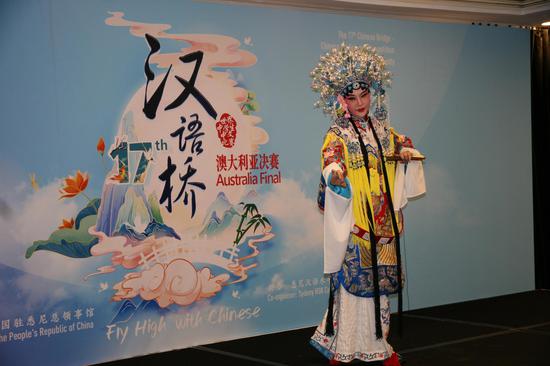






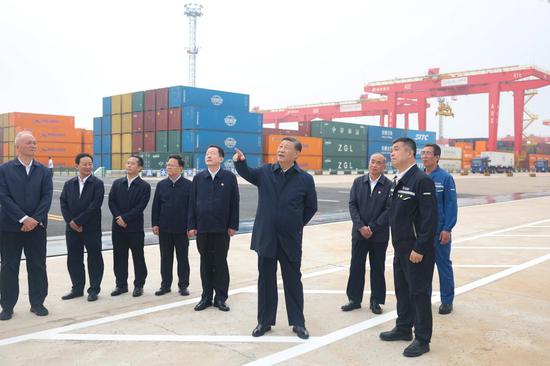

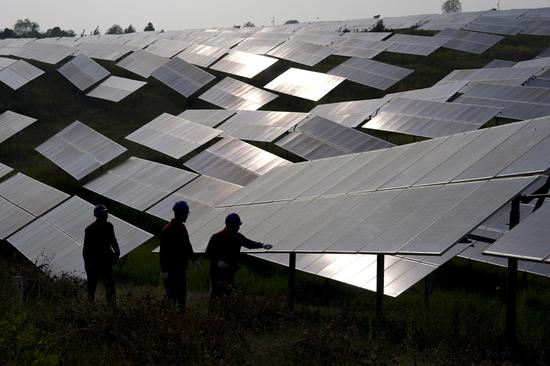

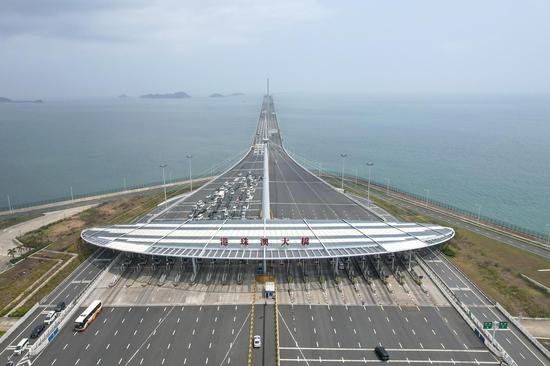


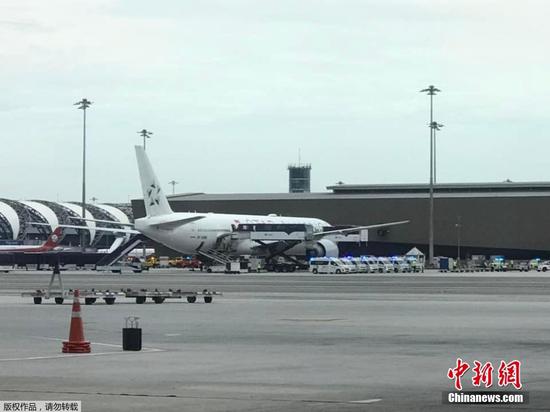

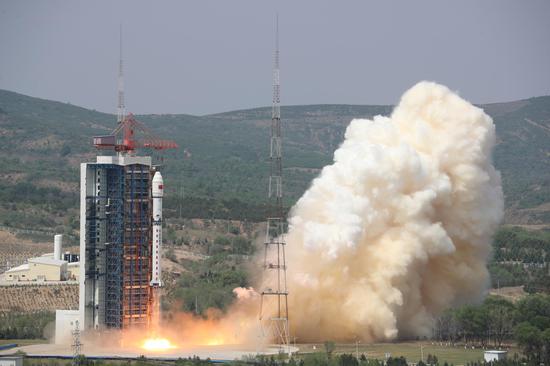

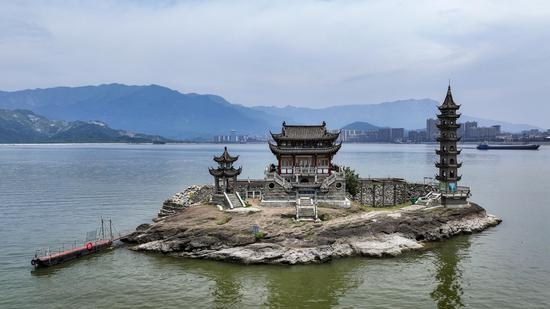

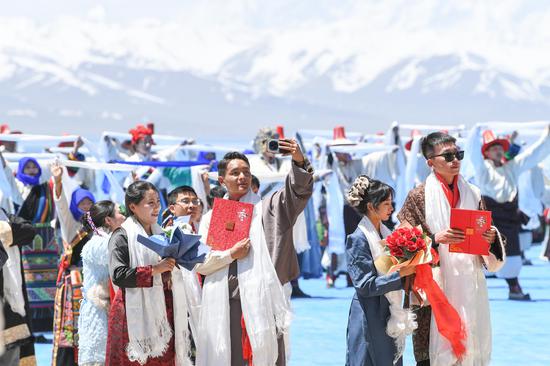

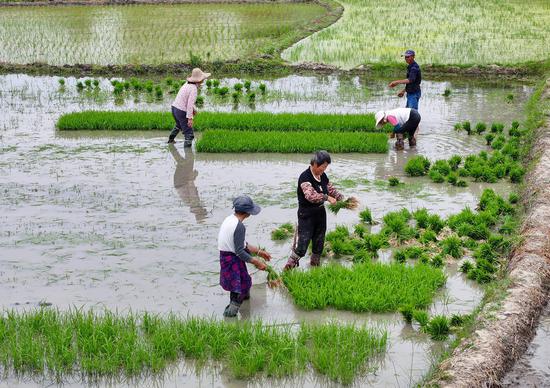
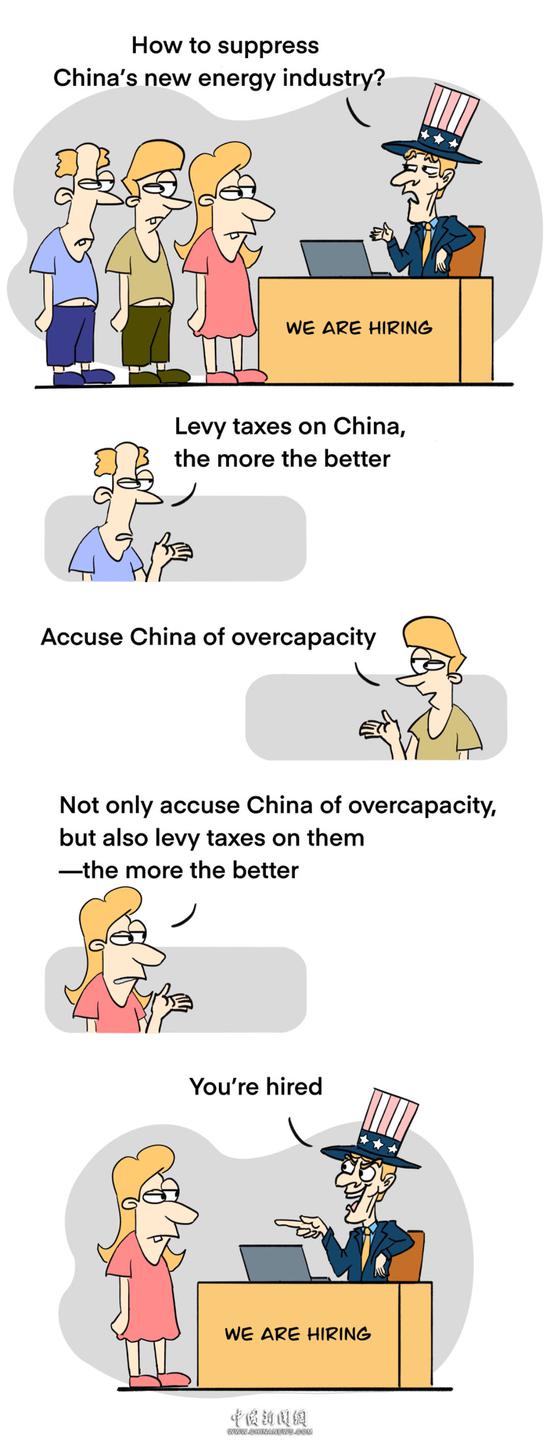
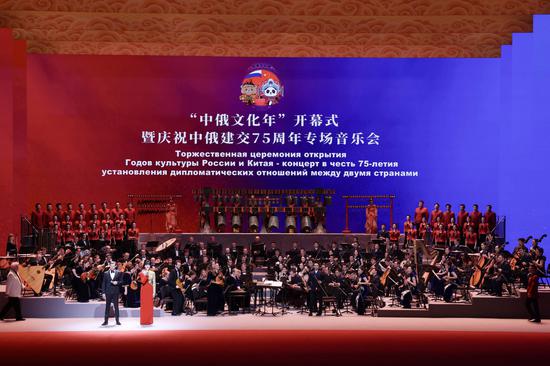


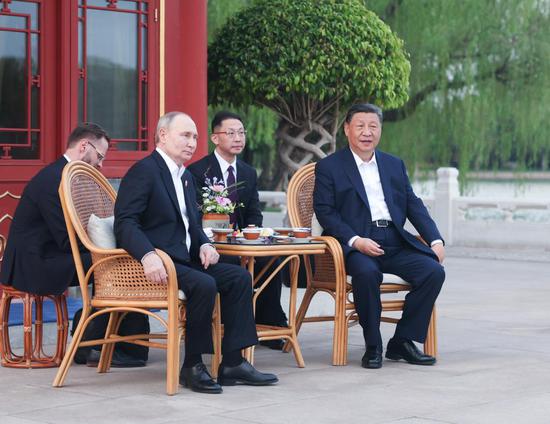
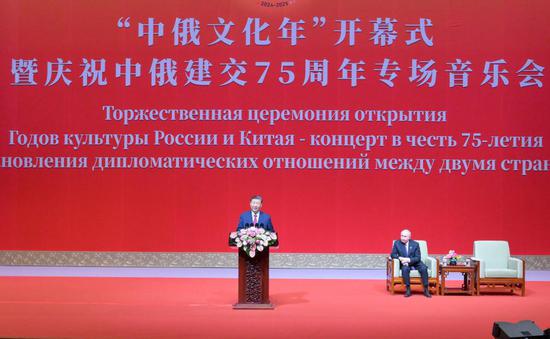
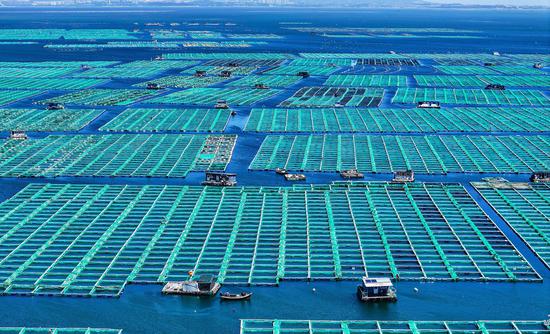





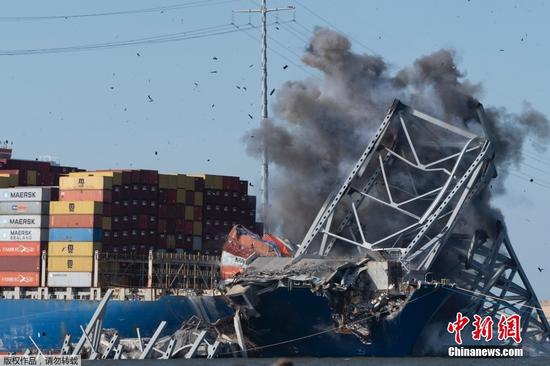






 京公网安备 11010202009201号
京公网安备 11010202009201号